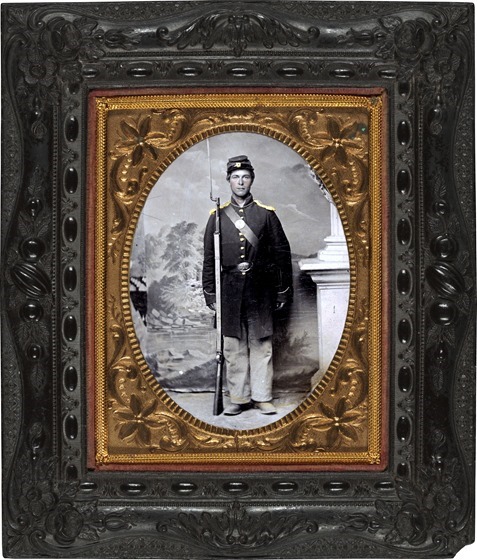August 21, Friday. Made an early call on the President with Joseph P. Allyn, one of the Judges for the Territory of Arizona, on the subject of Governor for that Territory. At the Cabinet-meeting, subsequently, the President concluded to appoint Goodwin Governor and Turner Chief Justice.
Had a free conversation with the President on his proposed instructions to our naval officers. Told him they would in my opinion be injudicious. That we were conceding too much, and I thought unwisely, to the demands of the British Minister. He said he thought it for our interest to strengthen the present ministry, and would therefore strain a point in that direction. I expressed a hope he would not impair his Administration and the national vigor and character by yielding what England had no right to claim, or ask, and what we could not, without humiliation, yield. I finally suggested that Lord Lyons should state what were the instructions of his government, —that he should distinctly present what England claimed and what was the rule in the two cases. We are entitled to know on what principle she acts, — whether her claim is reciprocal, and if she concedes to others what she requires of us. The President chimed in with this suggestion, requested me to suspend further action, and reserve and bring up the matter when Seward and Lord Lyons returned.
This conclusion will disturb Seward, who makes no stand, — yields everything, — and may perhaps clear up the difficulty, or its worst points. I do not shut my eyes to the fact that the letter of the President and the proposed instructions have their origin in the State Department. Lord Lyons has pressed a point, and the easiest way for Mr. Seward to dispose of it is to yield what is asked, without examination or making himself acquainted with the principles involved and the consequences which are to result from his concession. To a mortifying extent Lord Lyons shapes and directs, through the Secretary of State, an erroneous policy to this government. This is humiliating but true.











